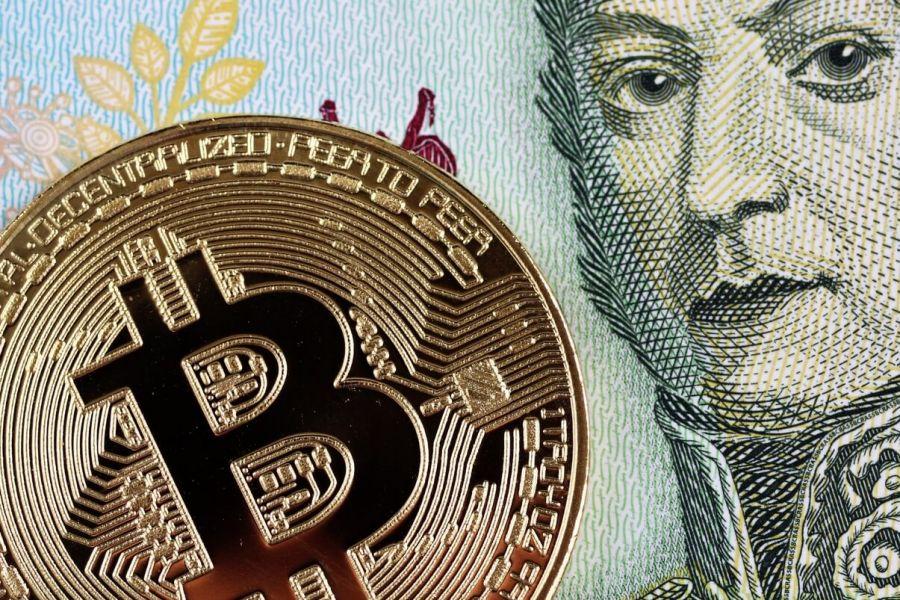Argentinian Banking Heavyweight to Launch Bitcoin, Ethereum Trading, While Tax Body Urges Tighter Crypto Monitoring

One of the largest private financial entities in Argentina, Banco Galicia, has announced that it will allow some of its customers to trade, sell, and hold cryptoassets at a time when Argentina’s tax body has called for Latin American governments to bolster their crypto monitoring capabilities.
The bank will allow some of its clients to access services that involve bitcoin (BTC), ethereum (ETH), and XRP, as well as the USD coin (USDC) stablecoin, the news agency EFE reported, adding that the move would represent a first for the nation’s banking sector.
In a statement, the bank stated that “due to high demand from its clients,” it was moving to allow “the purchase, sale and custody” of crypto, and has not “ruled out expanding” the range of cryptoassets it handles.
However, not everyone with a Banco Galicia account will be allowed to access the new services. Would-be crypto traders will need to have a “transactional profile” that is “validated” by the bank – and must prove they have a stable form of income (in the form of a month’s salary or equivalent).
Banco Galicia’s Investment Products Manager Ariel Sánchez was quoted as stating:
“We carried out a survey of our clients and more than 60% want to incorporate these assets into their investment portfolio. The youngest customers were the group that demanded them the most.”
The bank added that crypto “volatility” meant that only those with a non-risk-adverse investment profile should consider using these services, with conservative investors urged to “consider whether [crypto] is a suitable asset for them.”
The Banco Galicia move appears to have been matched by the bank’s rival Brubank. The latter has added crypto trading functionality – likely in an initial Beta mode – to its own customers.
On Twitter, possibly sharp-eyed Brubank smartphone app users discovered that the bank had quietly added a series of options for would-be BTC and ETH traders, as well as people who wish to trade USDC and DAI, another stablecoin.
The bank replied to these users’ social media posts to confirm: “Yes, it’s true that we crypto,” adding that it was a “function” that was now “being progressively” rolled out “for all our users.”
When customers enable the crypto function, they “will be able to view” a dedicated crypto trading function via the app’s “investments” interface.
Crypto adoption has shot up in the nation in recent months, with hyperinflation driving many away from the fiat peso. Caps placed on USD buying led many to purchase USD-pegged stablecoins and cryptoassets such as BTC in a bid to safeguard the value of their earnings.
Meanwhile, per Agencia CMA, the Argentine tax body told a meeting of the Inter-American Center of Tax Administrations (CIAT) that tax and financial bodies should move to “incorporate cryptocurrencies” into their “global information exchange mechanisms.”
During the CIAT’s latest general assembly, the head of the Argentine Federal Administration of Public Revenues (AFIP) stated that it was now necessary to “include electronic money, digital currencies, and cryptoassets” in international tax body information exchange mechanisms. Failure to do so, he said, would allow these assets to become “instruments of [tax] evasion.”
____
Learn more:
– Crypto Bills in Panama, Brazil Progressing Fast, but Argentina Province Sends Mining Warning
– Argentina Launches Regulatory Sandbox for Crypto Innovators & Investors
– Argentinian Senate Passes USD 45B IMF Debt Deal That Discourages Crypto Use
– Small Argentine Town Turns to Crypto Mining to Pay for Improvements
___
(Updated at 13:52 UTC with more details about Brubank and its crypto-related services.)




